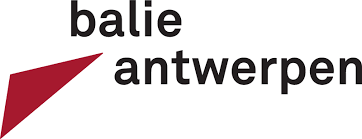EU overview on mediation
Geplaatst op 09:30h in Uncategorized door admin_rogius
The European Union actively promotes methods of alternative dispute resolution (“ADR”), such as mediation. The Mediation Directive applies in all EU countries. The Directive concerns mediation in civil and commercial matters.
Encouraging the use of mediation facilitates the resolution of disputes and helps to avoid the worry, time and cost associated with court-based litigation, thus enabling citizens to secure their legal rights in an efficient way.
The Mediation Directive applies to cross-border disputes in civil and commercial matters. It covers disputes in which at least one of the parties is domiciled in a Member State other than that of any other party on the date on which they agree to use mediation or on the date mediation is ordered by a court.
The principal objective of this legal instrument is to encourage the recourse to mediation in the Member States.
For this the directive contains five substantive rules:
- It obliges each Member State to encourage the training of mediators and to ensure high quality of mediation.
- It gives every judge the right to invite the parties to a dispute to try mediation first if she/he considers it appropriate given the circumstances of the case,
- It provides that agreements resulting from mediation can be rendered enforceable if both parties so request. This can be achieved, for example, by way of approval by a court or certification by a public notary.
- It ensures that mediation takes place in an atmosphere of confidentiality. It provides that the mediator cannot be obliged to give evidence in court about what took place during mediation in a future dispute between the parties to that mediation.
- It guarantees that the parties will not lose their possibility to go to court as a result of the time spent in mediation: the time limits for bringing an action before the court are suspended during mediation.






